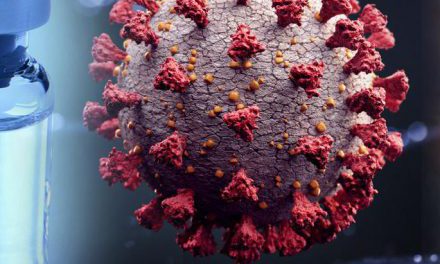August 18, 2024 – As summer draws to a close, the Centers for Disease Control and Prevention (CDC) has issued a concerning alert regarding a surge in human parvovirus B19 cases, also known as “fifth disease” or “slapped-cheek disease.” This highly transmissible virus, though often mild in children, poses significant risks for pregnant individuals and those with compromised immune systems.
What Is Parvovirus B19?
Human parvovirus B19 is a common virus primarily affecting children, where it manifests as a fever and a distinctive red rash, often on the face—giving it the nickname “slapped-cheek disease.” Although most cases are mild and resolve on their own, the virus can have severe implications for specific vulnerable groups.
Rising Cases and Geographic Spread
Reports of parvovirus B19 cases have been rising across the United States, particularly among children. The CDC noted that while there is no routine surveillance for parvovirus B19 in the U.S., clusters of complications related to the virus have been identified in pregnant individuals and people with sickle cell disease.
“In the first quarter of 2024, public health authorities in 14 European countries observed unusually high numbers of cases of parvovirus B19,” the CDC’s health advisory stated. Although the U.S. lacks systematic reporting for this virus, the increasing cases have prompted healthcare professionals to heighten their vigilance.
Who Is at Risk?
While most healthy children and adults experience only mild symptoms—or none at all—certain populations are at a much higher risk of serious complications:
- Pregnant Individuals: The virus can cross the placenta, potentially causing fetal anemia, abnormal fluid buildup, or even fetal loss. The risk of adverse outcomes is particularly high during weeks 9–20 of pregnancy.
- Immunocompromised Individuals: Those with weakened immune systems, such as individuals undergoing chemotherapy, organ transplant recipients, or those with chronic hemolytic disorders like sickle cell disease, are at risk of developing severe complications like aplastic anemia, which can be life-threatening.
Symptoms and Transmission
Parvovirus B19 is primarily transmitted through respiratory droplets and is highly contagious, particularly before symptoms become evident. Common symptoms include a red rash, fever, anemia, joint pain, and general malaise. Notably, the virus is most contagious before the rash appears, which complicates efforts to prevent its spread.
Lack of a Vaccine
Despite the rising cases and potential complications, there is currently no vaccine for parvovirus B19. According to experts, including Dr. William Schaffner of Vanderbilt University Medical Center, the development of a vaccine has likely been hindered by the lack of public awareness about the virus and ongoing vaccine hesitancy.
“We are in the midst of a great period of vaccine reluctance, hesitancy, and skepticism, and so introducing a vaccine against some weird virus that nobody’s ever heard of probably wouldn’t go over very well,” Dr. Schaffner remarked.
What Should You Do?
Given the unpredictable nature of parvovirus outbreaks, the CDC advises healthcare providers to screen high-risk patients, particularly pregnant individuals and those with compromised immune systems, if they present with symptoms such as fever, unexplained anemia, or the characteristic rash.
For the general public, the key takeaway is awareness. If you or someone in your care falls into a high-risk category, contact a healthcare provider immediately if exposure or symptoms are suspected.
As this virus continues to spread, particularly in the vulnerable groups, increased vigilance and public awareness are crucial to mitigating its impact.











